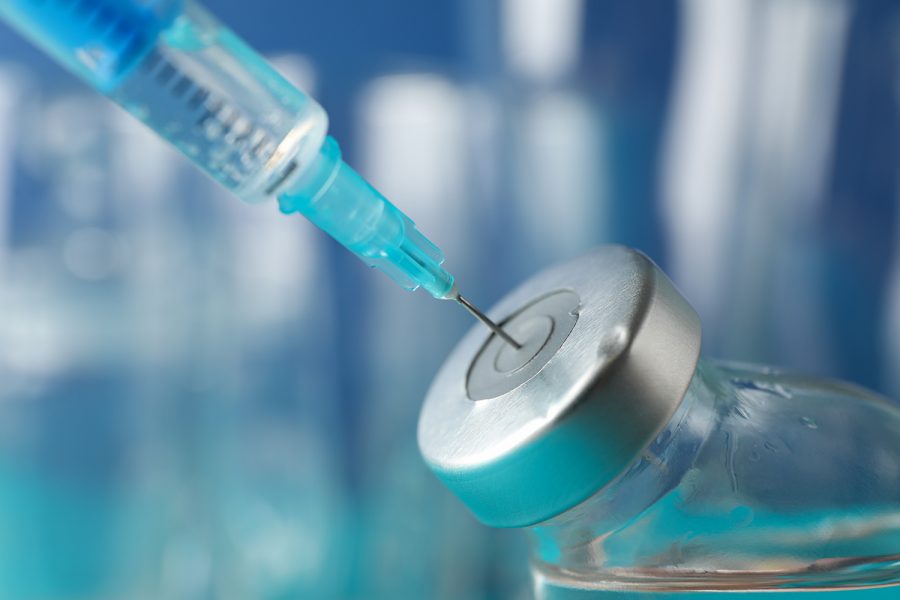Opinion | The Covaxin and Sputnik V COVID-19 vaccines should count at universities that require it
Universities like Columbia University should expand COVID-19 vaccine requirements.
Medical syringe of vaccine injection.
June 13, 2021
Imagine sitting at your desk finishing the final words of your essay, believing that this will be the most stressful moment in your college career. However, you find that the biggest stressor is now seeing your university is requiring COVID-19 vaccines, and yours does not count.
As countries push to get people vaccinated, international students are getting a raw deal.
Both the Russian vaccine, Sputnik V, and the Indian vaccine, Covaxin, have not been approved by the World Health Organization (WHO), which is one of the main reasons universities like Columbia University are requesting students get revaccinated with WHO approved vaccines.
This has put a lot of unneeded stress on students, as mixing different vaccines has not been tested.
This is a problem impacting students who have applied and been accepted years ago. With universities changing the rules this late in the game, it can add unneeded stress.
Columbia’s student body is composed of 21 percent international students, many of whom received either the Covaxin or the Sputnik V.
What this means to the students attending the University of Iowa is seemingly nothing. Currently, the UI does not require any COVID-19 vaccination. Yet, the effects happening at other universities still impact UI students.
There are 2,072 international students attending the UI. We don’t know their vaccination history, but the universities that are denying Covaxin and Sputnik V have the ability to undermine our trust in other countries’ vaccines, especially in India and Russia.
Other universities that require the vaccine however, have given alternatives, such as regular testing for COVID-19. That would definitely be a better solution to Columbia University’s revaccination requests.
As I have listed before, there are many solutions they could have used to better fix the problem. One being implementing regular COVID-19 testing daily if necessary. This would be good anyway as it should lower the total cases when used with contact tracing to quarantine the affected people.
Another solution would be to look at the effectiveness of the Covaxin and Sputnik V vaccines. Early trials of the Sputnik V vaccine have proved successful at a 73 to 76 percent effectiveness after the first dose, and upward to 100 percent after the second. Recent data suggests that it is 91.6 percent effective after two doses.
Sputnik V has been approved in 59 countries around the world from Eastren Europe to South America, but has yet to be approved by the WHO. This leads to the question why do Universities request revaccination.
The simple answer is that both vaccines are not approved by WHO. That is a fairly reasonable reason as many students and parents look to the WHO for reliable information and recommendations.
Finding trust in reliable information can be hard in the days of mass misinformation and disinformation, but what really matters is if you trust your fellow classmates. The data on the Sputnik V is most likely accurate, and even if it’s a little bit higher than reality, it surely beats not getting the vaccine.
Universities should allow vaccines like Covaxin and Sputnik V to count as meeting the required vaccination. We need to ensure our trust in other countries, including their vaccines, ensuring that international students can continue their education safely, and without unneeded anxiety.
Columns reflect the opinions of the authors and are not necessarily those of the Editorial Board, The Daily Iowan, or other organizations in which the author may be involved.



